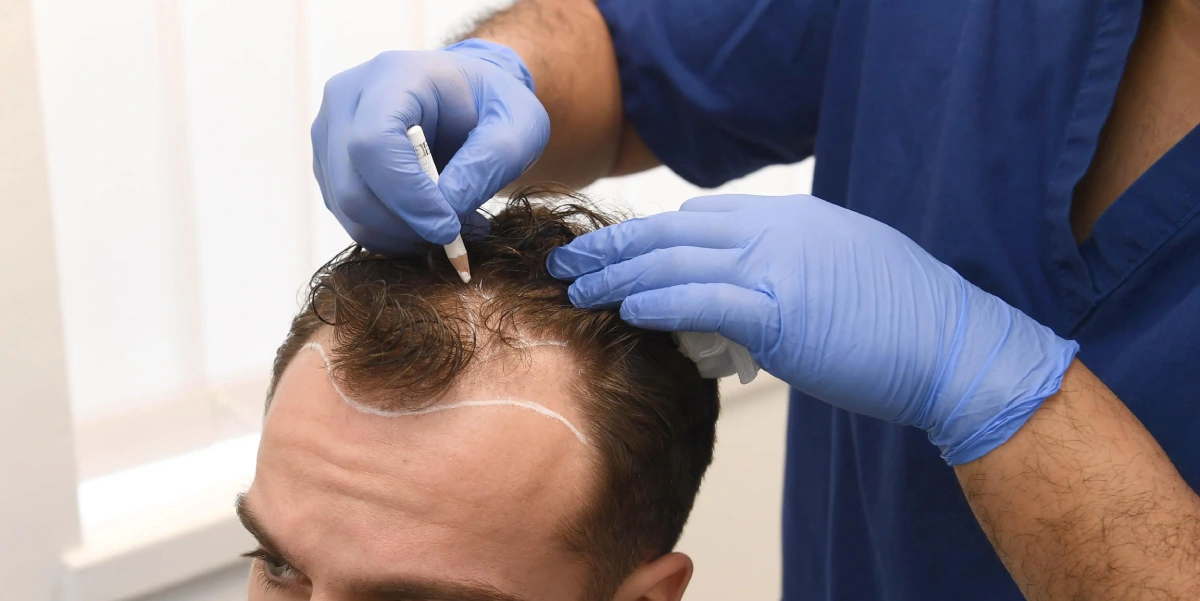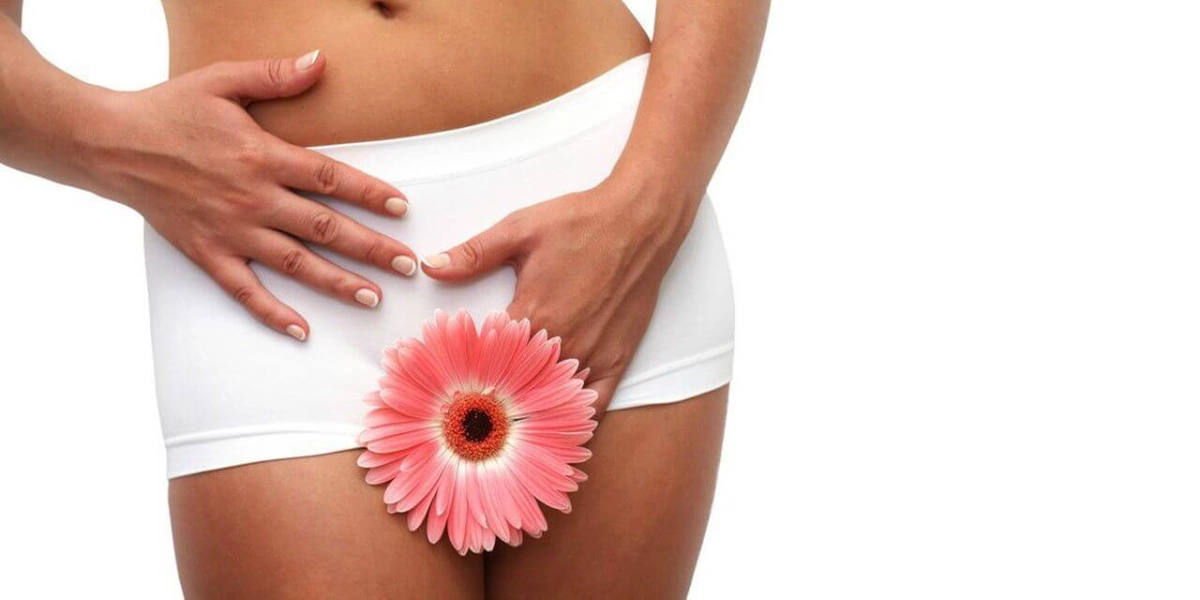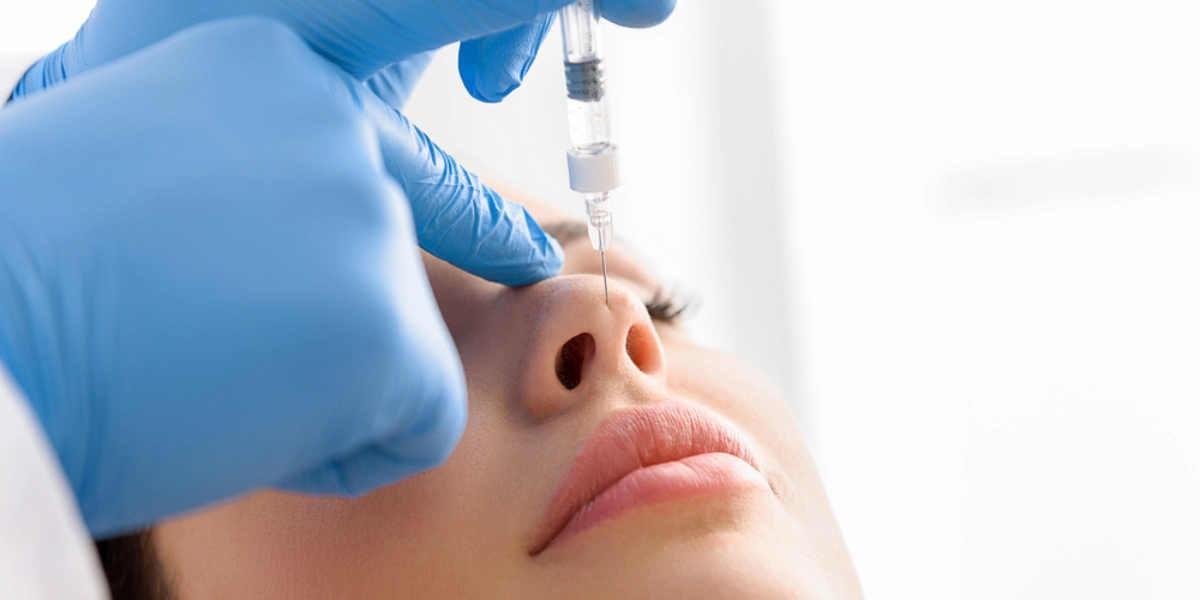Everyone wants a beautiful smile with clear teeths, so look into teeth whitening solutions or visit your dentist for expert treatment. However, some products may produce sensitive teeth following whitening. In reality, over-the-counter teeth whitening solutions can result in transient tooth sensitivity. This sensitivity may develop during treatment or after drinking hot or cold beverages.
Teeth whitening has grown popular in recent years for numerous reasons. Some people may follow a whiter smile due to tooth discoloration. For many, whitening creams have been the solution. However, you may have experienced short dental sensitivity and gingival irritation if you’ve tried teeth whitening. It is regular and anticipated. Fortunately, numerous simple ways exist to alleviate the pain and sensitivity that might occur during and after teeth whitening.
Several factors can contribute to the development of sensitive teeth, including:
Using a firm toothbrush over time can damage enamel, exposed dentin, and lead to gum recession, where gums move away from teeth.
Some people are genetically inclined to have thin gums. Others establish gum recession due to periodontal disease. Gum recession causes gum tissue to move away from your teeth, displaying the roots.
Inflamed and painful gum tissue can cause sensitivity due to a lack of supporting ligaments, exposing the root surface and leading directly to the tooth’s nerves.
Chipped or damaged teeth can gather bacteria from plaque and penetrate the pulp, producing discomfort.
Grinding or clenching your teeth can direct enamel wear and disclose the dentin underneath.
It is natural to have a sharp ache or mild discomfort after eating a hot plate of soup or ice cream cup. During these sensations, we believe our teeth will break. However, tooth sensitivity is not related to dental roots. It mainly affects our enamel, which protects our teeth and nerve endings.
Your teeth are becoming extremely sensitive. Here are some indications to watch for:
Whitening solutions often use carbamide and hydrogen peroxide, which can cause tooth sensitivity. They both work by causing a chemical interaction between the chromogens on the teeth. Chromogens are microorganisms that grow on our teeth and generate stains.
When peroxides in whitening treatments come into touch with chromogens, the teeth turn a lighter tint. However, exposure to these peroxides might cause pulp or nerve inflammation within the tooth.
Teeth may become sensitive after whitening for different reasons.
If your teeth were whitened recently and now hurt with cold water or feel sensitive to hot drinks, it’s common after teeth whitening. Here are ways to make it feel better and reduce sensitivity.
Over-the-counter whitening strips have hydrogen peroxide levels between 5.3% and 6.5%, while your dentist might use carbamide peroxide products with concentrations from 10% to 45%. The higher the concentration, the more sensitive your teeth may get.
If your gums hurt after whitening, it’s ok not to whiten every day. Taking breaks helps your gums heal and makes your teeth feel better. You’ll still whiten your teeth, but it may take longer if you skip a few days.
If you’re using an at-home whitening tray, follow the instructions carefully. Determining how much whitening gel to use in the tray is vital. Only a tiny drop of gel should be placed in each tray section containing a tooth. Also, make sure you fill the tray sparingly.
If much gel spills onto your gums, you use too much gel in the tray. It raises the likelihood of sensitivity. Make sure to use a toothbrush or cotton swab to remove any excess whitening gel.
After whitening teeth, drinking hot or cold drinks might make them more sensitive because the temperatures can activate the nerves. Expanding or contracting your teeth from these drinks can lead to discomfort.
If taking breaks from whitening doesn’t help, you should stop whitening your teeth for a month or more before trying again.
Potassium nitrate is a component found in sensitive toothpastes. This chemical effectively reduces dental sensitivity induced by whitening. Potassium nitrate was found to be beneficial when administered twice daily before or during the teeth whitening process.
Desensitizing gels and fluoride varnish can provide fast relief from the sensitivity associated with teeth whitening. Fluoride varnish includes high quantities of sodium fluoride (up to 5%). Your dental care practitioner paints a thin layer directly onto your teeth. The alleviation is frequently immediate and long-lasting—sometimes up to 8 weeks.
While teeth-whitening products are generally safe for home use, it’s essential to be aware that they may cause sensitivity. Understanding the steps to reduce sensitivity after whitening and being informed about its reasons can guide you toward achieving a radiant and white smile. By following these measures, you can enjoy teeth-whitening benefits while ensuring a comfortable and practical experience.
Tag:

In recent years, the demand for effective hair restoration treatments has risen

Many individuals wonder if it’s possible to restore the hymen without surgery.

Rhinoplasty, or a nose job, has long been the go-to solution for those looking t